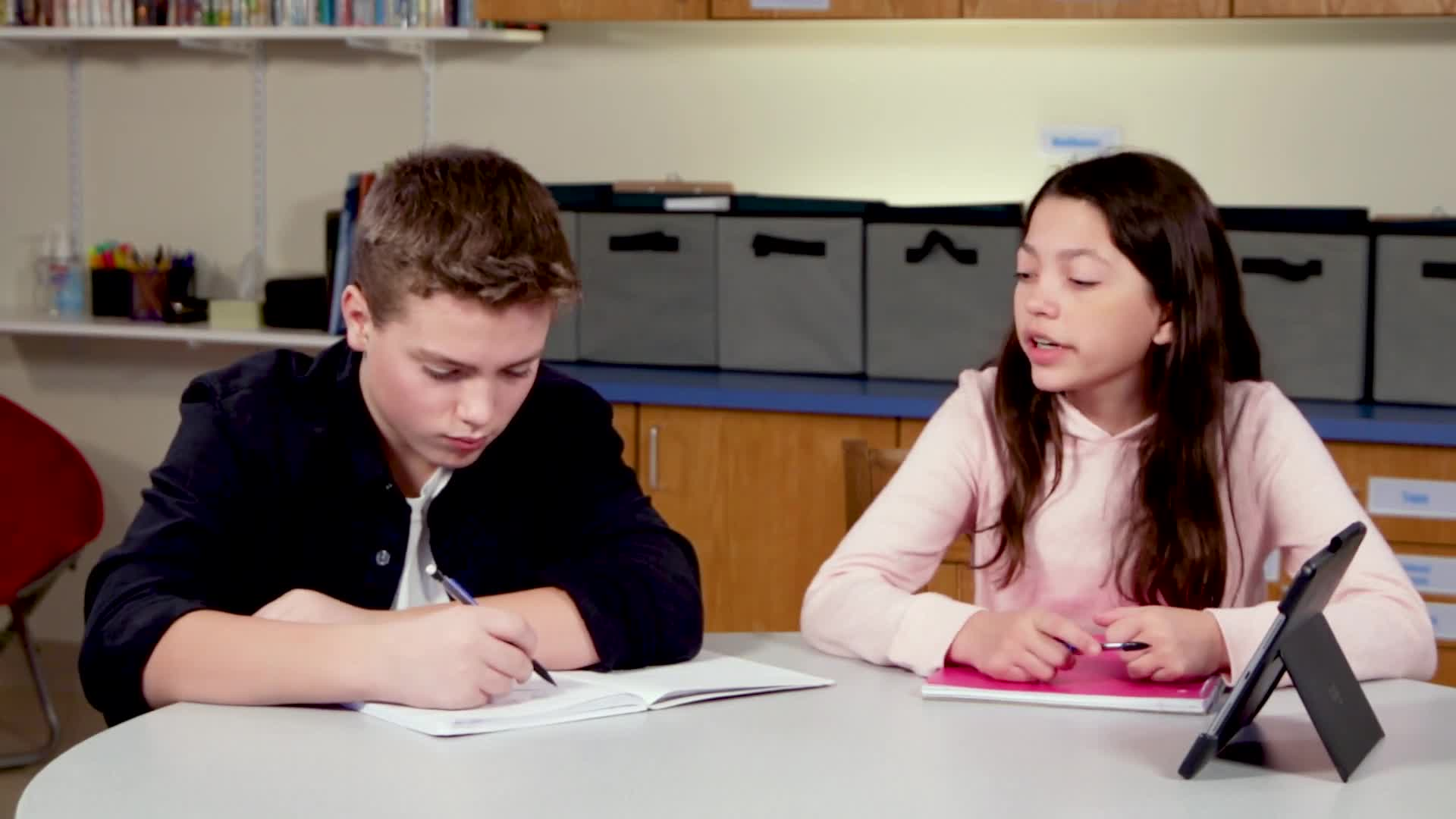
Learning to use indirect language is an essential skill for students in special education, as it can lead to more positive interactions and help them build stronger relationships with their peers and teachers. In this blog post, we will explore the benefits of using indirect language, introduce a no-prep activity for practicing this skill, and provide discussion questions to further engage students in the learning process. We will also mention related skills that can complement the use of indirect language and encourage users to sign up for free samples of these materials at Everyday Speech.
Introduction
Indirect language is a communication style that involves asking for what you want in a gentle and polite manner, instead of using direct commands or demands. This approach can be particularly useful in special education settings, where students may be more sensitive to the tone and manner in which requests are made. By learning to use indirect language, students can improve their social-emotional skills, foster a more collaborative classroom environment, and increase their chances of getting others to agree with them.
No-Prep Activity: The Indirect Language Game
This activity requires no preparation or materials from the educator and is designed to help students practice using indirect language in a fun and engaging way. Here’s how it works:
- Divide the students into pairs or small groups.
- Provide each group with a list of direct statements or requests (e.g., “Give me the book,” “You need to clean up your mess,” “We have to finish this project today”).
- Ask the students to take turns rephrasing the direct statements into indirect language (e.g., “Could you please pass me the book?”, “It would be great if we could clean up this mess together,” “Maybe we could try to finish this project today?”).
- Encourage the students to discuss how the indirect statements make them feel compared to the direct ones and why they might be more likely to agree with the indirect requests.
Discussion Questions
- Why do you think using indirect language can make others more likely to agree with you?
- Can you think of a situation where using indirect language might not be the best approach? Why?
- How does using indirect language help you build better relationships with others?
- What are some challenges you might face when trying to use indirect language, and how can you overcome them?
- How can you apply the principles of indirect language to other aspects of your life, such as resolving conflicts or making decisions?
Related Skills
There are several related skills that can complement the use of indirect language and further enhance students’ social-emotional learning. Some of these skills include:
- Active listening: Paying close attention to what others are saying and responding thoughtfully can help students better understand their peers and promote positive communication.
- Empathy: Putting oneself in another person’s shoes and understanding their feelings can help students tailor their communication style to better meet the needs of others.
- Assertiveness: While indirect language is a useful tool, there are times when being assertive and expressing one’s needs directly is necessary. Teaching students to strike a balance between the two styles can be beneficial.
- Conflict resolution: Learning to use indirect language can help students navigate conflicts more effectively by promoting open and respectful communication.
Next Steps
As you can see, using indirect language is a valuable skill for students in special education settings. If you’re interested in exploring this skill further and accessing additional resources to support your teaching, we encourage you to sign up for free samples of our materials at Everyday Speech. Here, you’ll find a wide range of activities, discussion questions, and related skill materials to help your students develop strong social-emotional learning foundations.

